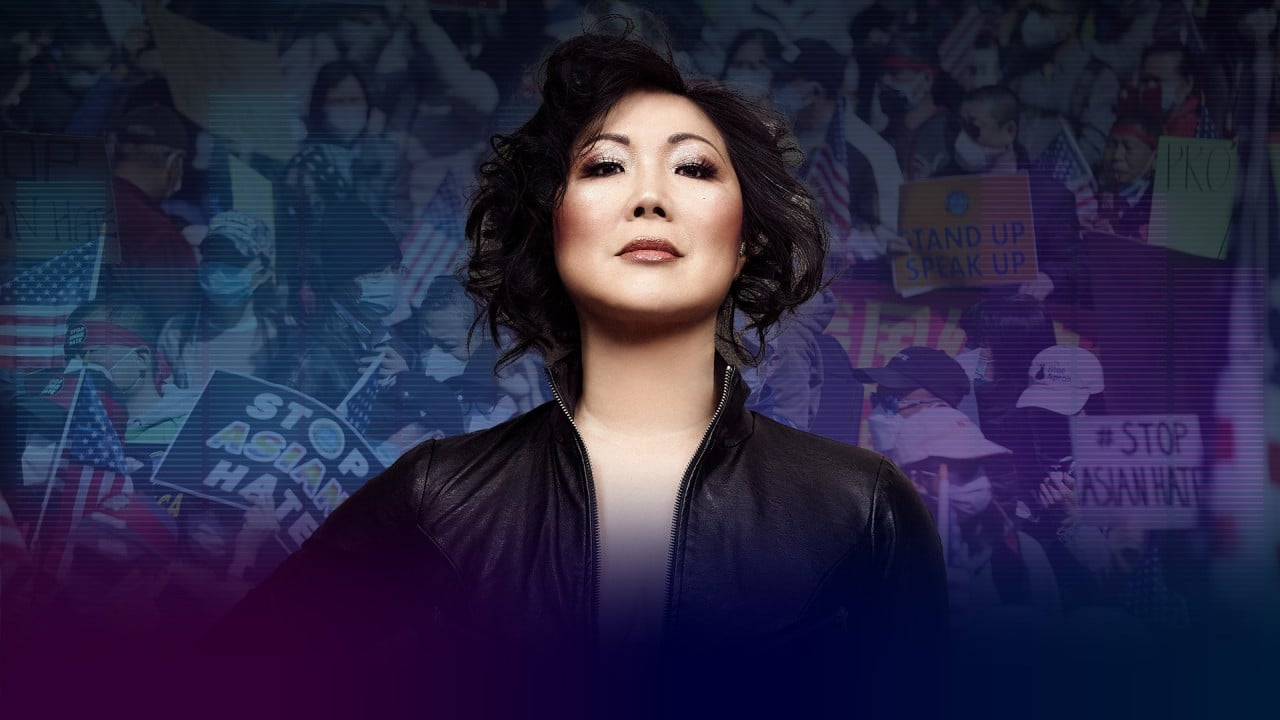
17:44
Margaret Cho unpacks Asian-American ‘aspirational whiteness’ | Talking Post with Yonden Lhatoo
Comedian and actress Margaret Cho on racism, Asian erasure from US history and inspiring a new generation of Asian-American entertainers
- Comedian and actress Margaret Cho talks to the Post about racism in the United States, the absence of Asians from American history and ‘aspirational whiteness’
- She reveals what she thinks has been her greatest achievement, and considers how she approaches comedy now compared to when she started in the 1990s
Earlier this year, Asian-American comedian and actress Margaret Cho was walking her dog in Florida when “30 18-wheeler trucks” began following her down the street, she says. The convoy honked at her aggressively in protest at the US state’s mask mandate to prevent the spread of coronavirus.
One truck came close to running her over.
“Those kinds of things are happening to Asian-Americans, to people who are wearing masks. ... It’s a very strange thing to feel attacked because of your race. It’s not supposed to happen in America, yet we’re the most racist country.”
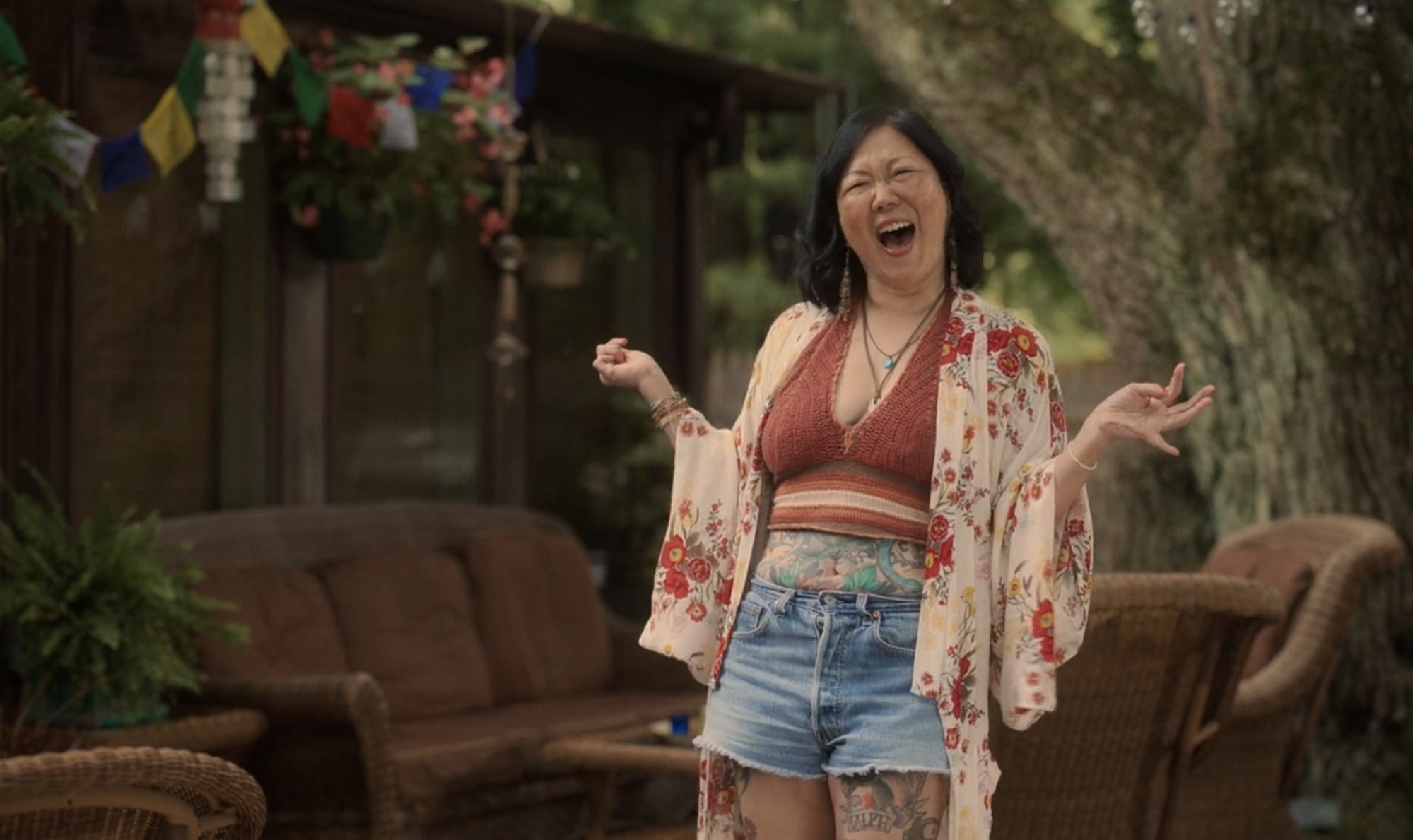
“Aspirational whiteness is a very big deal for the generation that I grew up in,” the Korean-American comedian says. “Our parents came to America escaping war, really a lot of incredible poverty and a lot of generational trauma. To come here, to have American children, they did not want us to have accents.”
“You wanted your kids to go to an Ivy League school, you wanted to have them ride horses, and play tennis and have this sort of white living,” she explains. “If you can be anything, you have to aspire to whiteness.
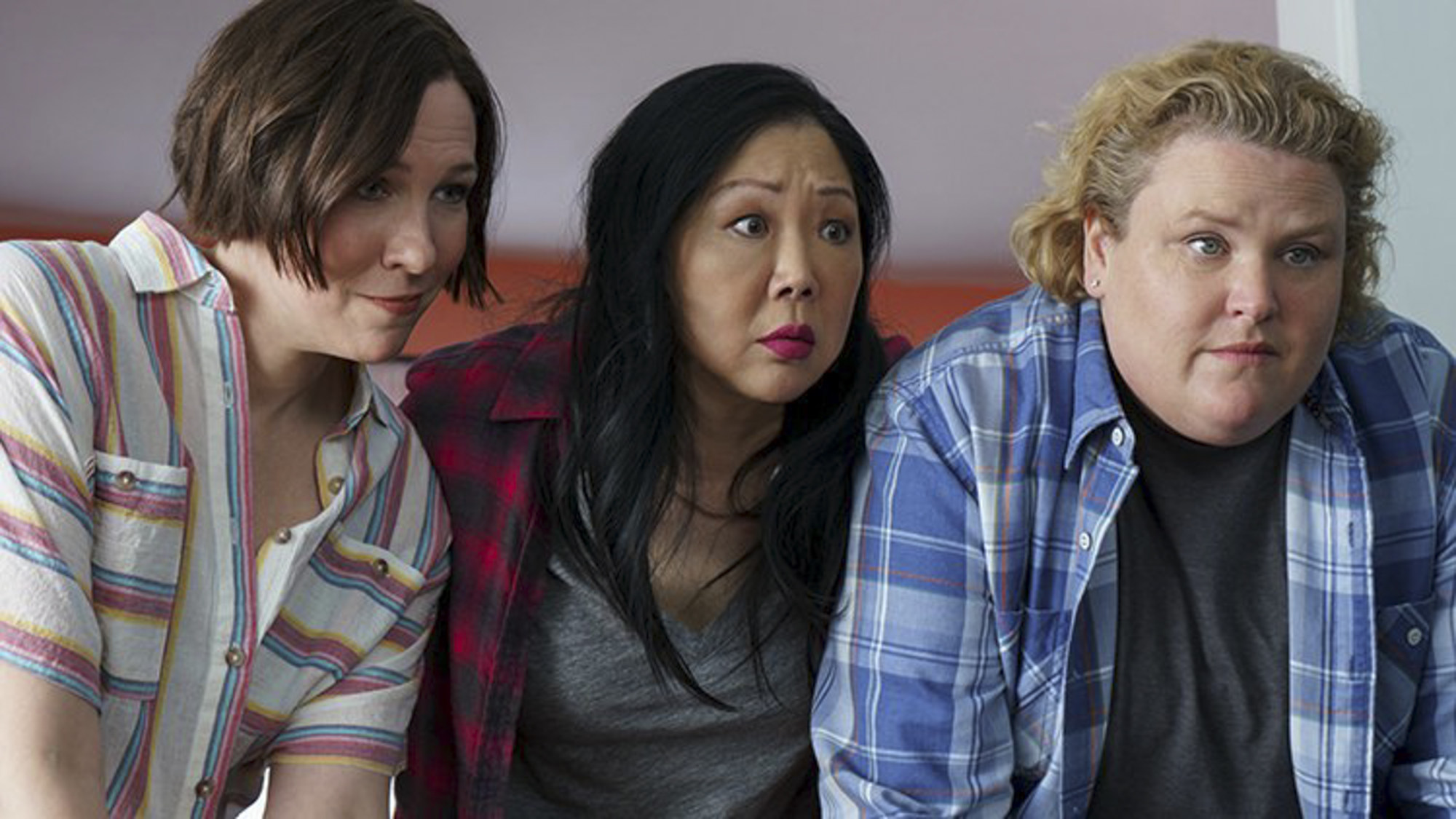
“Aspirational whiteness isn’t a negative thing, necessarily. It’s more that we need to survive our own trauma, so we take on the dreams of other cultures, because our culture has been so damaged.”
Aside from inspiring a new generation of comics, the actress starred in the first prime-time sitcom to feature an Asian-American family (All-American Girl) and appeared in US shows such as Drop Dead Diva and 30 Rock.
In the past, racism, homophobia, sexism – all these things that were really difficult – were very commonplace in comedy. But now the perspective is shifting
“My mission now is to [make sure people] understand Asians as Americans, and we’ve been here since the railroads,” she says. “Our story in American history has really been largely erased.
“The only way that I can find any way to have hope in it is to find humour in it, which is really quite difficult to do, actually. But that’s my job – to try,” she says.
“You have a responsibility to your community to present it in a way that is very meaningful and respectful, but at the same time, it has to be funny.”
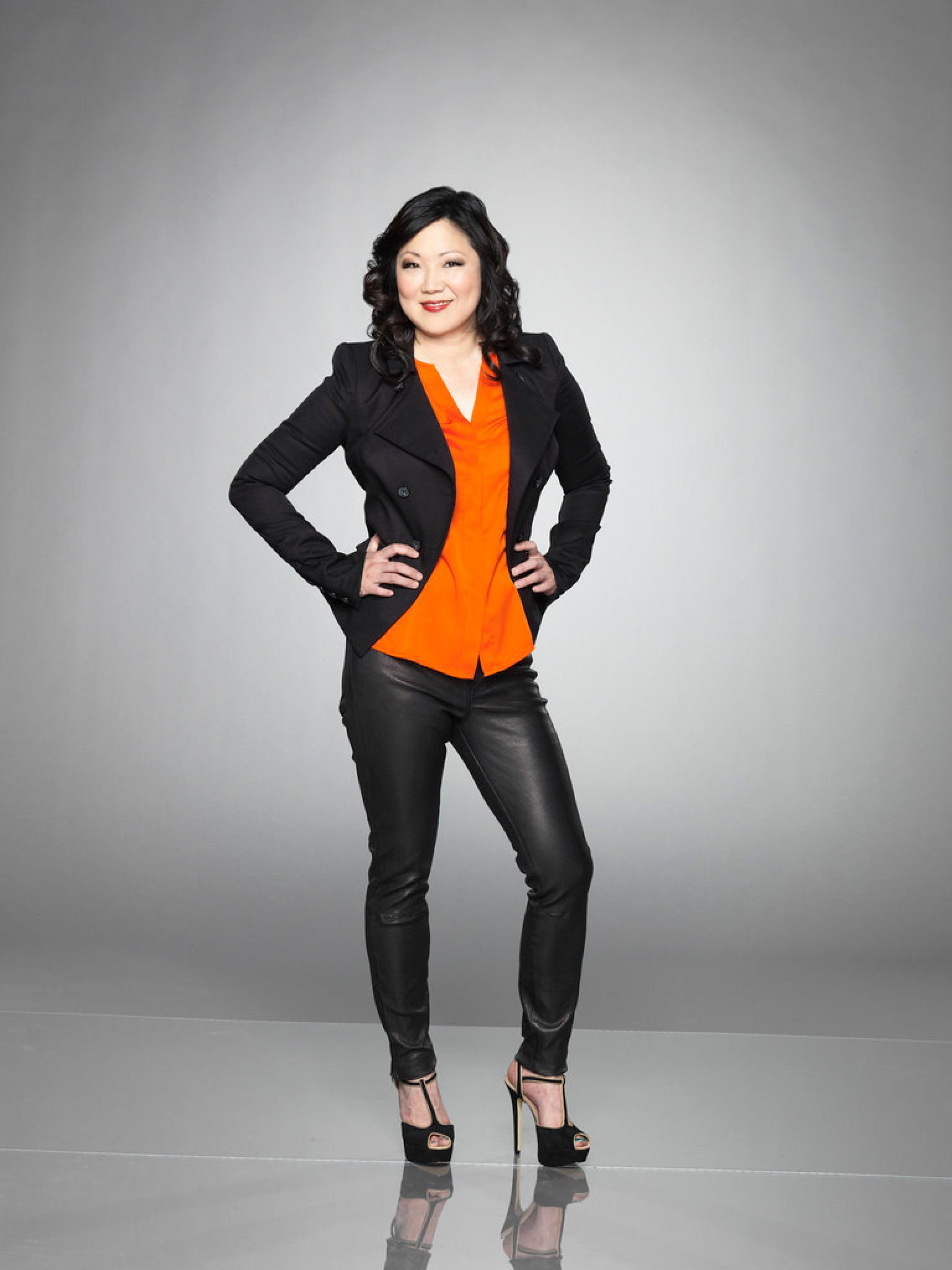
The political landscape has changed since Cho started her career doing stand-up at comedy clubs in the 1990s. Now, among some comedians and audiences, self-censorship, wokeness and political correctness have all been criticised as impediments to true comedy.
“In the past, racism, homophobia, sexism – all these things that were really difficult – were very commonplace in comedy,” she says. “But now the perspective is shifting, and so we’re asking comedians to be more thoughtful about what their words are saying.
“I appreciate that … I have very strong beliefs and I really do also want to be a good comedian. So there’s a lot of challenges, but I think it’s just about trying to meet that challenge.”
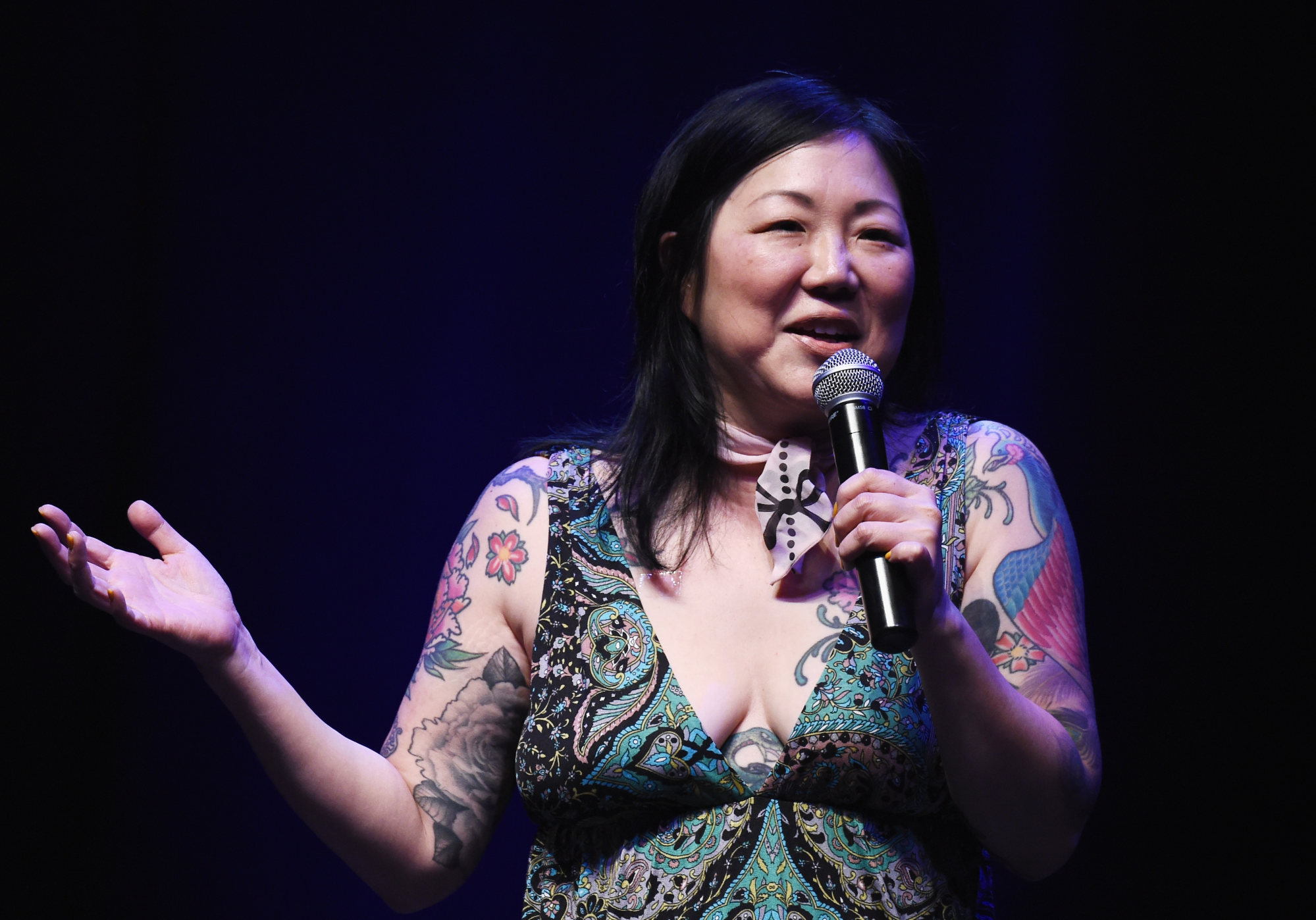
Asian-American representation in the media has come a long way – when Cho began her career, she did not have anyone to look up to. The racism, she says, came from the “invisibility” that Asian-Americans faced.
“It’s really exciting, because people give me a lot of credit too, for inspiring them. So I think it’s really my greatest achievement to have inspired a new generation to take on Asian-American entertainment, comedy, stand-up comedy in particular … I’m very proud of what I’ve been able to do,” she says.

